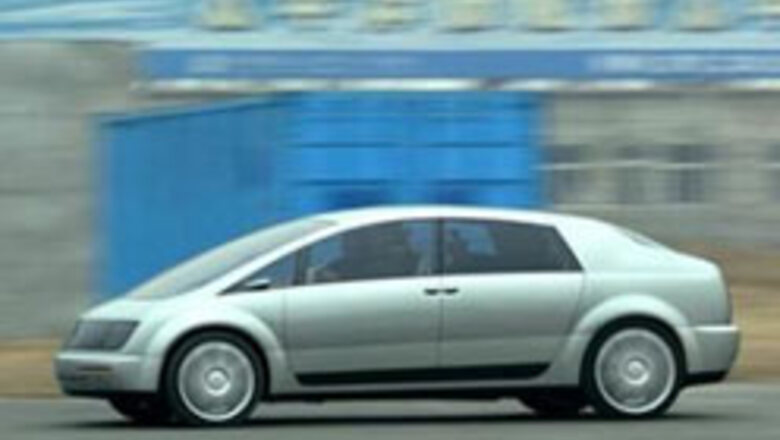
views
San Antonio (Texas): Hydrogen is being touted as an environmentally friendly fuel of the future, but the road to hydrogen-powered vehicles will not be easy, industry experts said on Tuesday.
Representatives of European and US auto and energy companies at the National Hydrogen Association convention said hydrogen technology is feasible, but faces big challenges to become commercially viable.
"We all have our homework to do in the coming years," said Klaus Bonhof, manager of the alternative fuels division of DaimlerChrysler AG.
"We must produce technology viable in volume, and that technology must be commercially applicable,” he added.
BMW, Toyota, Honda, GM, DaimlerChrysler and Volkswagen have hydrogen-powered vehicles on display at the conference, but all have similar technological challenges, including costs that range up to a million dollars a piece and limited range on a hydrogen fill-up.
A hydrogen car can travel 45 to 50 miles on a gallon, but a normal-sized fuel tank will only provide a range of 125 to 150 miles, experts said.
That's because hydrogen is put in a car as a liquid at very low temperatures, but reverts to being a gas as it warms. It dissipates into the air even if the vehicle is not being used.
"You have boil off, you are ventilating hydrogen," said BMW vice president of clean technology Frank Ochmann.
"After a certain time, after a week, say, the tank will be empty. This is a certain headache that we still have, but we're working on this."
Ochmann said BMW is testing an insulated tank that would keep hydrogen cold and liquid.
"If you put in this tank a snowman, it would take about thirteen years to melt down," he said.
Developing gas station-like facilities should be the easy part, experts said. Hydrogen is already shipped to industrial users in tanks or moved through pipelines, so logistics for distribution already exist.
Ochmann says BMW estimates it will be 2025 before hydrogen powered vehicles are commonly produced and sold.




















Comments
0 comment